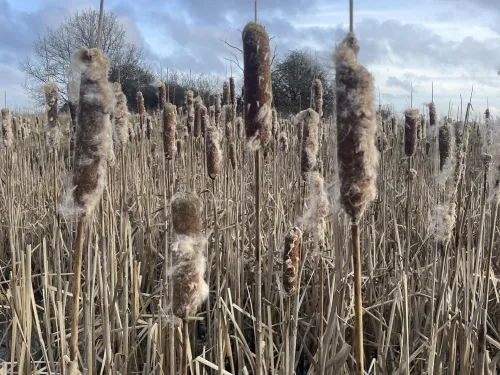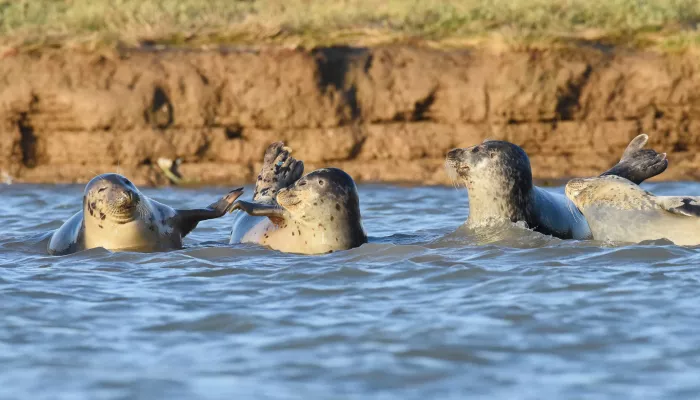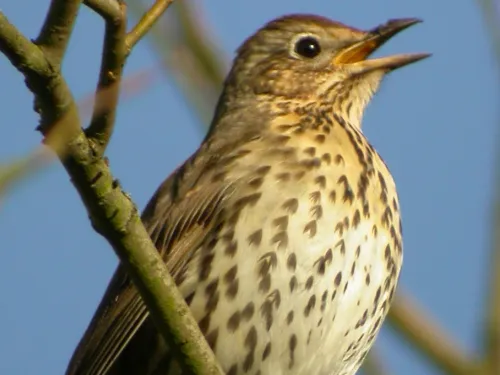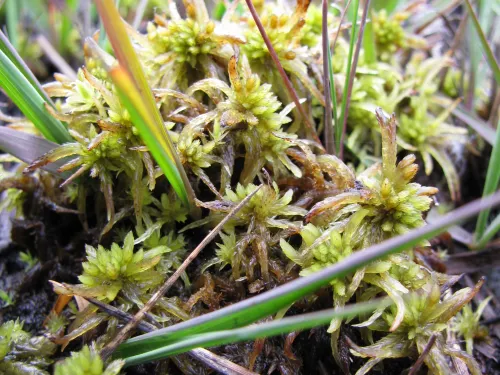
February on Hothfields: A spotlight on reed mace
Long-time volunteer Margery Thomas explores the wildlife at Hothfield Heathlands in February, where reedmace tells a story...


Long-time volunteer Margery Thomas explores the wildlife at Hothfield Heathlands in February, where reedmace tells a story...

If December was a merry berry month for humans celebrating mid-winter festivities, January and February are serious berry months for birds and mammals aiming to survive winter...

In our December instalment about Hothfield we focus on mosses and lichens on the reserve. Read on to find out more.